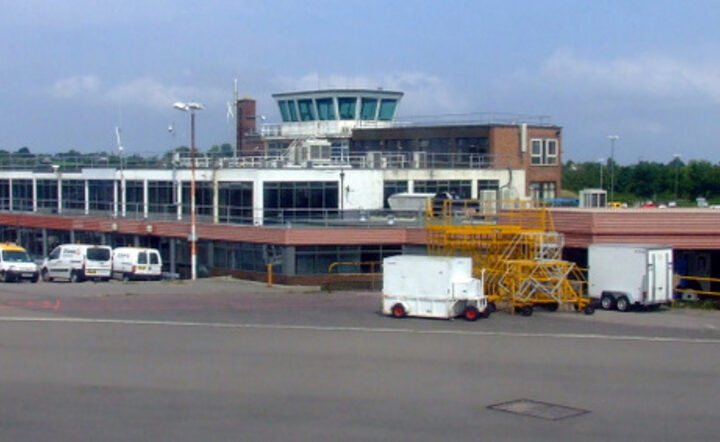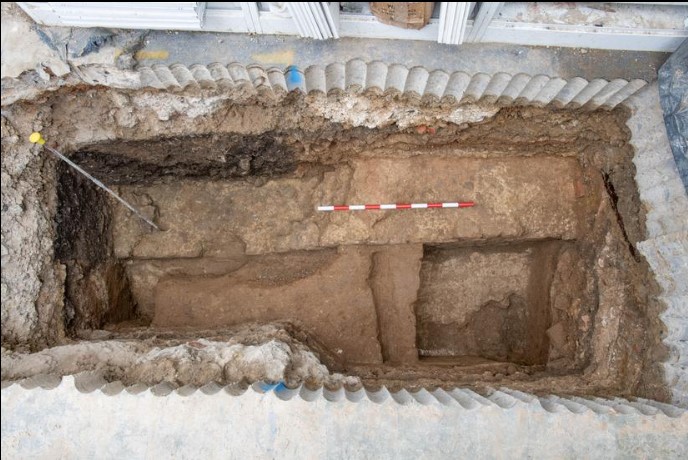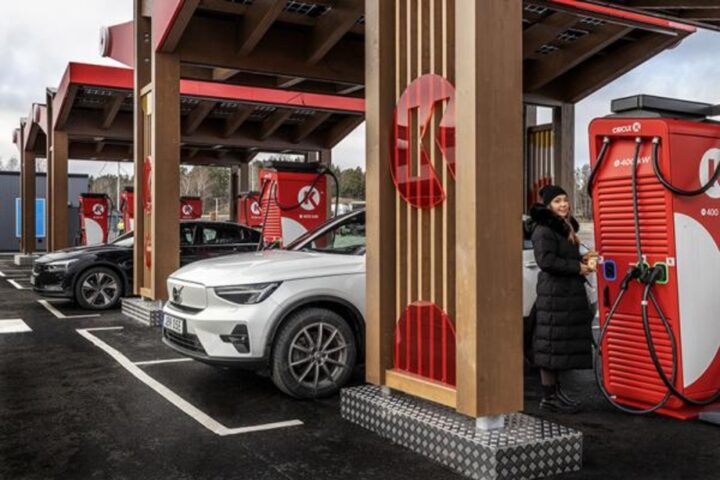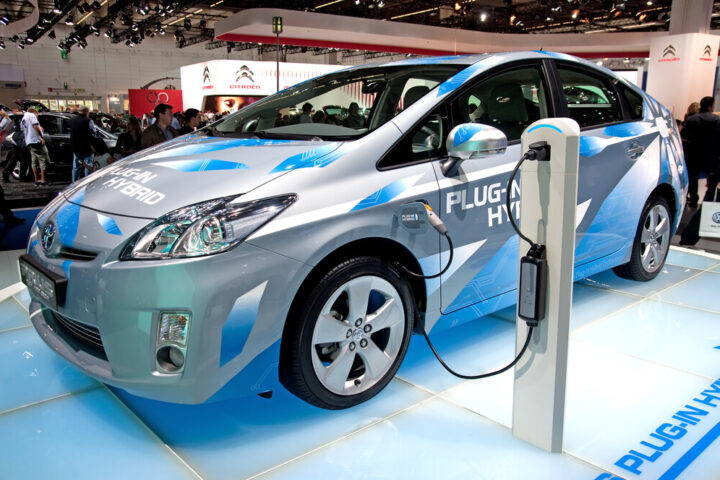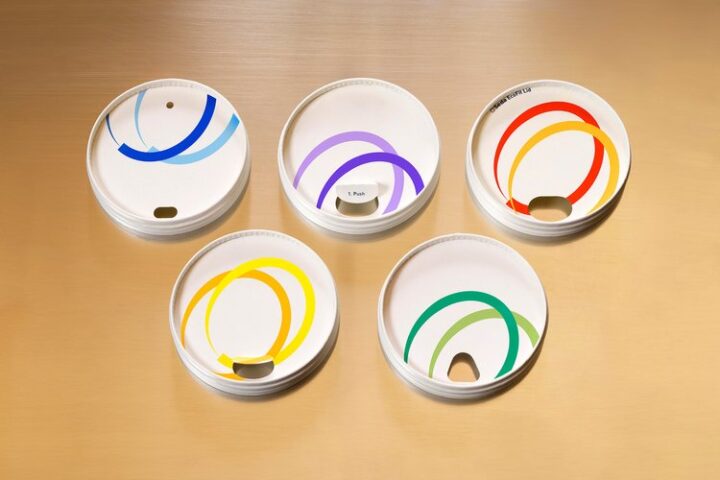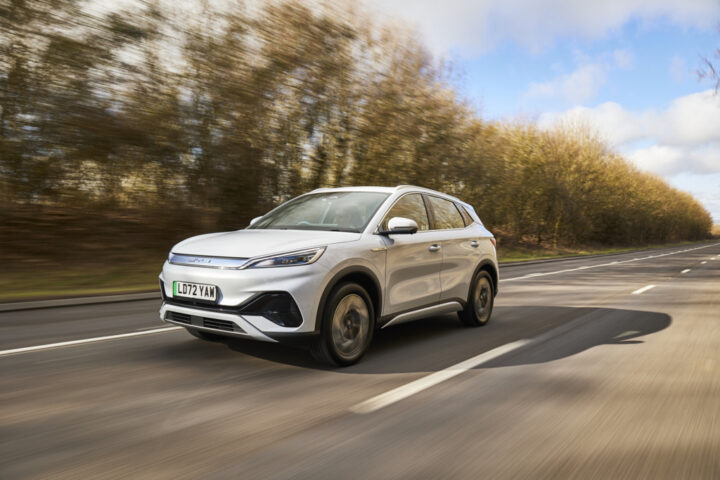The Dutch company Ebusco unveiled their latest creation, the Ebusco 3.0 electric bus, on June 19, 2023. This 18-meter city electric bus promises increased efficiency and lifetime owing to its lightweight design, making it 27% lighter than its traditional counterparts. The Ebusco 3.0 was crafted by a dedicated team of professionals from aerospace, automotive, and electronics fields. They aimed to design a bus emphasizing comfort, safety, and a reduced total cost of ownership. They achieved these objectives by leveraging lightweight composite materials in its construction.
The weight of an electric vehicle directly impacts its energy consumption and battery longevity. Ebusco took advantage of this principle by using lightweight composite materials, enabling the bus to weigh in at a mere 14,500kg (32,000 pounds). This, in combination with 350 and 500 kWh LFP battery packs, should give the bus a range of 700 kilometers (435 miles) according to Ebusco. The bus’s light frame even allows for single tire installation on all axles, facilitating improved passenger flow and accessibility for those with physical challenges or transporting strollers. The bus can carry up to 150 passengers.
Ebusco offers the 3.0 bus models in two sizes: 12 and 18 meters, promising ranges of 357 and 435 miles respectively while using “extremely low energy”. The innovative 3.0 model has been ten years in the making, underscoring Ebusco’s commitment as a pioneering electric bus manufacturer in Europe. The Ebusco 3.0 is not the company’s first foray into zero-emission public transportation; it debuted the Ebusco 1.0 in 2013, followed by the Ebusco 2.0 in 2014. With a prototype of the 3.0 having been tested in Munich since 2021, the launch of this model marks a significant milestone in Ebusco’s journey.
Similar Post
With transportation contributing to 29% of global greenhouse gas emissions, the Ebusco 3.0 could play a significant role in curbing carbon pollution. The 3.0 is set to reduce carbon emissions by approximately one kilogram per kilometer traveled compared to traditional buses, which produce 1.3 kilograms per kilometer. The company plans to roll out more 3.0 buses in the following months, targeting a production rate of 3,000 buses annually. After placing an initial order for 12 Ebusco 3.0 buses, the Niederrheinische Verkehrsbetriebe AG (NIAG) has purchased an additional 31 units. This follow-up order, expected to be delivered by the end of 2024, comprises 12 units of the 18-meter variant and 19 units of the 12-meter version. These buses are equipped with robust battery packs boasting over 350 kWh for solo vehicles and over 500 kWh for articulated buses.
NIAG, the primary provider of public bus transport in the Lower Rhine region, services a network spanning more than 2,200 kilometers and transports 36.5 million people annually. “This follow-up order for 31 buses is another important step towards the electrification of the entire bus fleet,” says Hendrik Vonnegut, Managing Director of NIAG. Ebusco’s sales director, Patrick Oosterveld, also underlined the 3.0’s advantages, citing its “extra-long range” and “extremely low energy consumption”. This follow-up order underscores the trust between Ebusco and NIAG and promises a bright future for electric public transport in the region.




